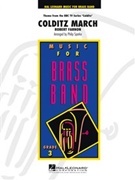We've found 132 matches for your search. Order by
Results
-
 £68.99
£68.99El Cumbanchero (Brass Band - Score & Parts) - Hernandez, Rafael - Iwai, Naohiro
Rafael Hrnandez (1892-1965) was probably the greatest composer in Puerto Rico. After serving in World War I, he worked in the USA, in Mexico and in Puerto Rico as a musician, composer, band-leader and actor. Masato Myokoin has written this new, exciting arrangement of Rafael Hrnandez' biggest international hit, El Cumbanchero.Duration: 3:45
Estimated dispatch 7-14 working days
-
 £76.99
£76.99COLDITZ MARCH (Brass Band) - Farnon, Robert - Sparke, Philip
Acclaimed Canadian composer/arranger Robert Farnon penned this distinctive march theme for the 1970s BBC television drama Colditz, which told the story of prisoners held at Colditz Castle, Germany during World War II. Philip Sparke's extended concert version is expertly scored for band - an elegant and powerful addition to any program.
Estimated dispatch 7-14 working days
